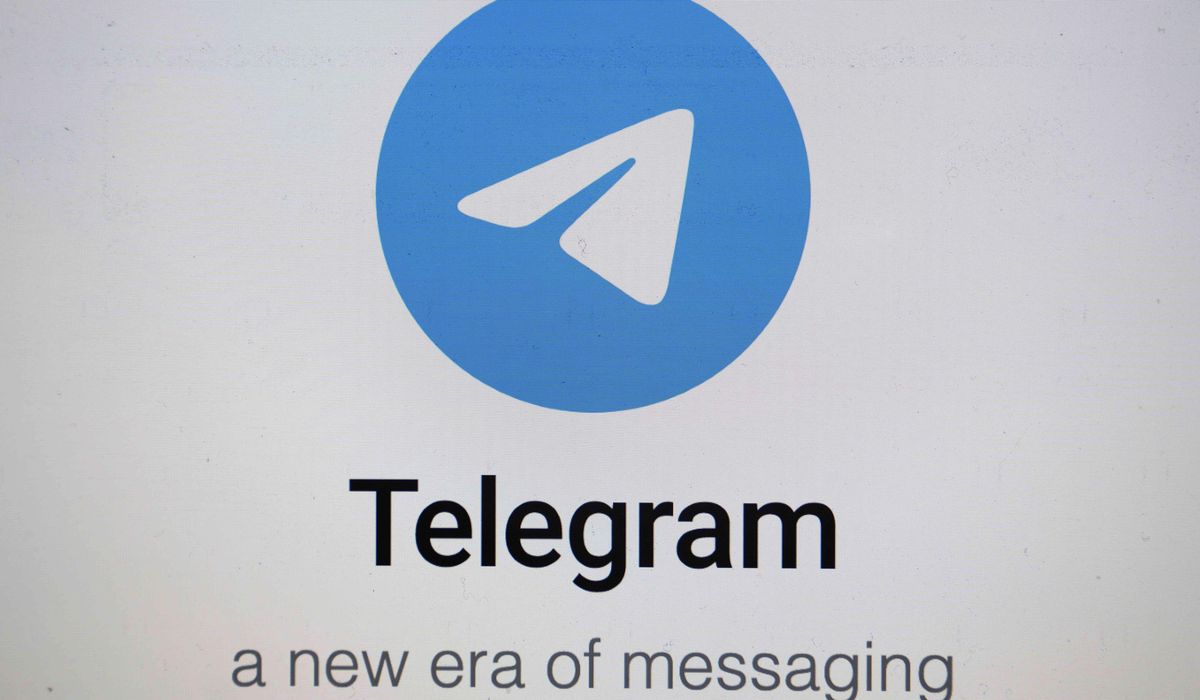


The Telegram messaging app is disputing allegations that its data and infrastructure were ever accessible to outsiders with connections to Russia’s intelligence services.
The Organized Crime and Corruption Reporting Project alleged Tuesday that Telegram has connections to Russia’s Federal Security Service, FSB, through network engineer Vladimir Vedeneev.
OCCRP’s Russian partner Important Stories said Mr. Vedeneev owned a company that maintains Telegram’s network equipment and that Mr. Vedeneev’s other companies have a history of collaborating with Russia’s government.
However, OCCRP also cautioned that it was unaware of evidence directly connecting Moscow to the Vedeneev company that is working with Telegram.
OCCRP’s investigation also cast doubt on the strength of Telegram’s encryption and the platform’s claims about its security.
Telegram spokesperson Remi Vaughn told The Washington Times that the platform has contracts with “dozens” of service providers worldwide but none has access to the platform’s data or sensitive infrastructure.
“All Telegram servers belong to Telegram and are maintained by Telegram employees,” the spokesperson said. “Unauthorized access is impossible.”
The spokesperson also said Telegram encryption has never been breached, adding that “throughout its entire history, Telegram never disclosed any private messages to a third party.”
The barrier to access and concerns that illegal activity can be facilitated through Telegram have frustrated Western officials. Last year, French officials detained Telegram CEO Pavel Durov and he remains under investigation over suspected complicity in the illicit activities of users on his platform.
The timing of OCCRP’s new allegations of Russian connections comes amid a broader skirmish over the public perception of Telegram generally and Mr. Durov specifically.
Mr. Durov appeared in an interview with popular commentator Tucker Carlson on Monday, in which the Telegram executive described his life under judicial supervision in France that has allowed him to make limited travel back-and-forth to Dubai. Mr. Durov previously left Russia and has cited pressure from government authorities as motivating his departure.
For the first time since his August 2024 arrest in France, Mr. Durov detailed the turmoil of the last year and highlighted what he perceived as disparate treatment from various governments in response to Mr. Carlson’s question about the irony of his arrest in the West rather than Russia.
“That was the most unexpected place to get arrested for me because before, in this trip, I visited several countries,” Mr. Durov said in the interview. “Some of these countries are considered in the West to be autocratic or authoritarian … and I had zero issues whatsoever despite the fact that Telegram does zero censorship in terms of political speech and Telegram provides 100% privacy and confidentiality to its users in all these places.”
The interview racked up more than 3 million views in approximately 24 hours on X and, the following day, OCCRP published its investigation encouraging a more skeptical attitude about Telegram and the company’s claims.
While Telegram faces accusations of connections to the Russian government, OCCRP has faced criticism that it is a tool of the U.S. government. In December 2024, Drop Site News said half of OCCRP’s funding came from the U.S. government, with strings attached that were hidden from public view.
OCCRP has disputed that its content is shaped by the U.S. government and has described its organization as consisting of journalists working in the public interest.
• Ryan Lovelace can be reached at rlovelace@washingtontimes.com.
